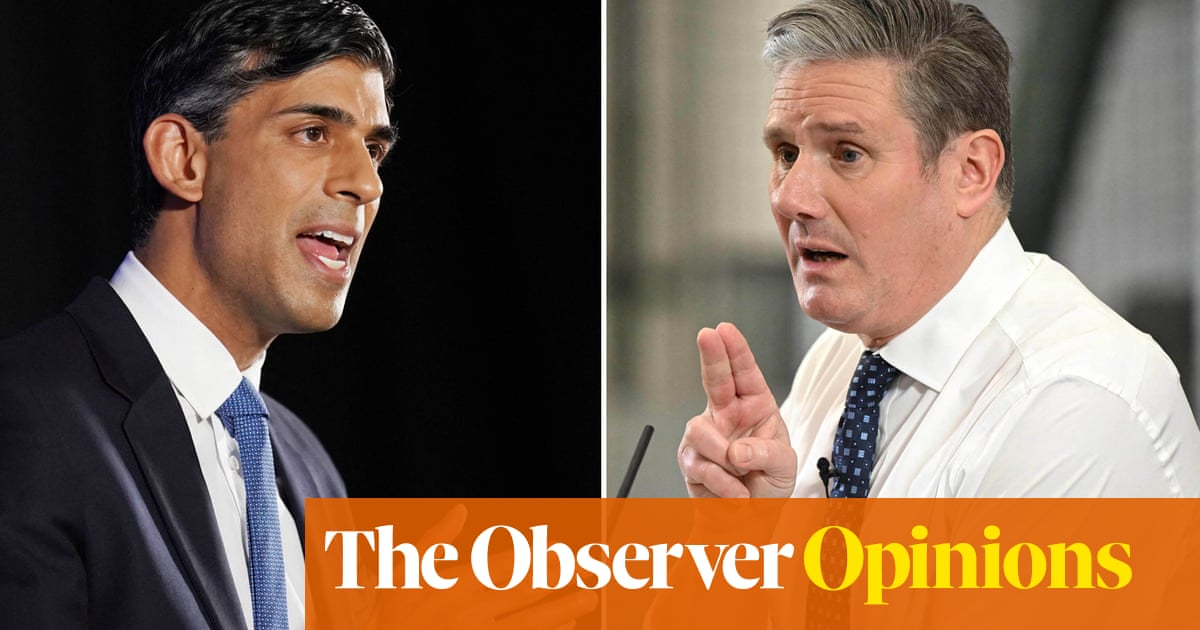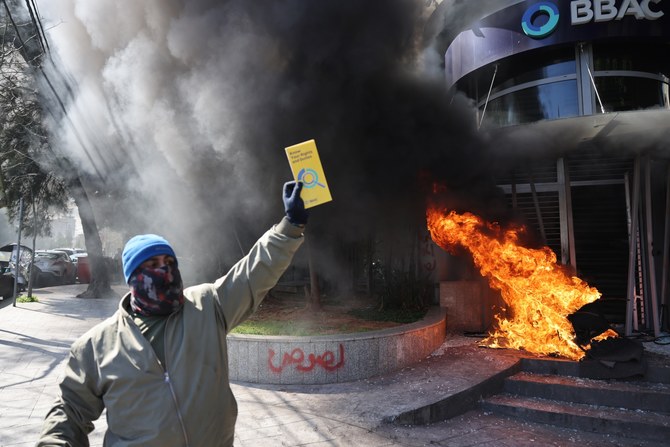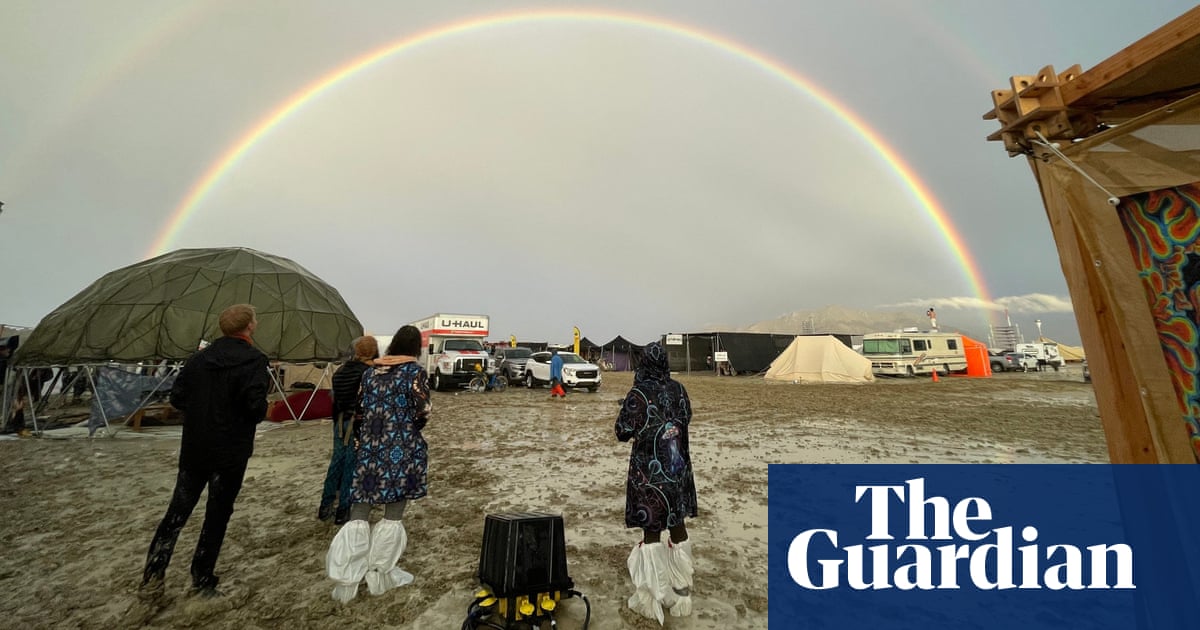
As Iran’s theocratic regime enters its fourth decade of rule, internal divisions within its own government institutions are growing at an unprecedented rate.
In the first decade of the Islamic Republic, government organizations and entities, including the legislative branch, the President (Ayatollah Ali Khamenei), the Supreme Leader (Ayatollah Ruhollah Khomeini), the military, the judiciary and the Etela’at intelligence unit, spoke with one voice.
This was not only because the regime’s major objective was to consolidate power and eliminate domestic opposition groups as quickly as possible, but also because Khomeini, the republic’s founding father, was capable of coalescing state apparatuses through his charismatic character and iron fist.
In the second decade of rule, government institutions still maintained a united front under the presidency of the late Akbar Hashemi Rafsanjani, who took the pragmatic approach of developing the economy after eight years of devastating war with Iraq.
However, in the following decade, internal divisions began to appear within the establishment, particularly between the office of the president, and the offices of the supreme leader, the Revolutionary Guard Corps, and the judiciary. Tensions between former Iranian president Mohammed Khatami and the Supreme Leader Ali Khamenei became evident as the latter attempted to derail and sideline Khatami’s domestic and foreign policies.
Although Mahmoud Ahmadinejad was considered a hard-liner like Khamenei, he also clashed with the supreme leader, who was angered by his attempts to increase subsidies and social welfare programs for ordinary people. Nevertheless, the Parliament stood by the Supreme Leader. When Ahmadinejad pushed for a reduction in gas prices for some villages, Khamenei applauded Parliament for rejecting the move.
Now it is becoming clear that it is not only the presidential office that is clashing with the office of the supreme leader and other hard-line institutions, but other government organizations are also jousting with each other.
Iran’s Parliament has been coming into increasing conflict with major decisions-makers such as Khamenei and the senior cadre of the Islamic Revolutionary Guard Corps. After the Iranian legislature recently ratified the Paris-based Financial Action Task Force (FATF), the Guardian Council immediately rejected the parliamentary bill. The council enjoys oversight of the Parliament; six of the 12 members of the council are appointed directly by the supreme leader, while the remainder are nominated by the head of judiciary, who, in return, is appointed by the supreme leader.
The case has been sent to the Expediency Council, Iran’s highest political arbitration body. When there is a disagreement between the Guardian Council and Parliament, the Expediency Council makes the final decision. The council is made up mainly of hard-line clerics and functions as an advisory institution to the supreme leader.
Now it is becoming clear that it is not only the presidential office that is clashing with the office of the supreme leader and other hard-line institutions, but other government organizations are also jousting with each other.
Dr. Majid Rafizadeh
Intriguingly, the Expediency Council has already hinted that it will oppose the parliamentary bill to comply with FATF.
Gholamreza Mesbahi-Moghadam, a council member, has said: “In a situation in which the country is under the most severe sanctions, joining such conventions is synonymous with self-inflicted sanctions. In the situation in which the US seeks to limit the country’s financial relations, it is not beneficial to join institutions like FATF.”
Iran President Hassan Rouhani has also clashed with the Expediency Council, warning that if it does not approve the bill, “this will hurt our country.” Rouhani also said: “It is our pride that we fight terrorists and counter corruption, therefore we should not allow allegations of money laundering to be made against our banking system.”
Another example of internal division came with Parliament’s opposition to a decision increase gas prices almost a month ago.
Khamenei was aware that Parliament would oppose his plan to hike gas prices. In May 2019, Parliamentary Speaker Ali Larijani said that it would oppose any rise in gas prices, adding: “Most MPs believe that the only way to reduce the amount of fuel smuggled out of Iran is by rationing the product.”
As a result, Iran’s supreme leader set up a committee, labeled the economic war room, in order to bypass Parliament and give him the power to enact any economic legislation he wished.
In a nutshell, not only is the population’s dissatisfaction with the Iranian regime growing, but internal schisms within the theocratic establishment are deepening as well. If the republic does not fundamentally reform itself then sooner or later these forces will bring the regime to its knees.
• Dr. Majid Rafizadeh is a Harvard-educated, Iranian-American political scientist. He is a leading expert on Iran and US foreign policy, a businessman and president of the International American Council. Twitter: @Dr_Rafizadeh
Disclaimer: Views expressed by writers in this section are their own and do not necessarily reflect Arab News" point-of-view












